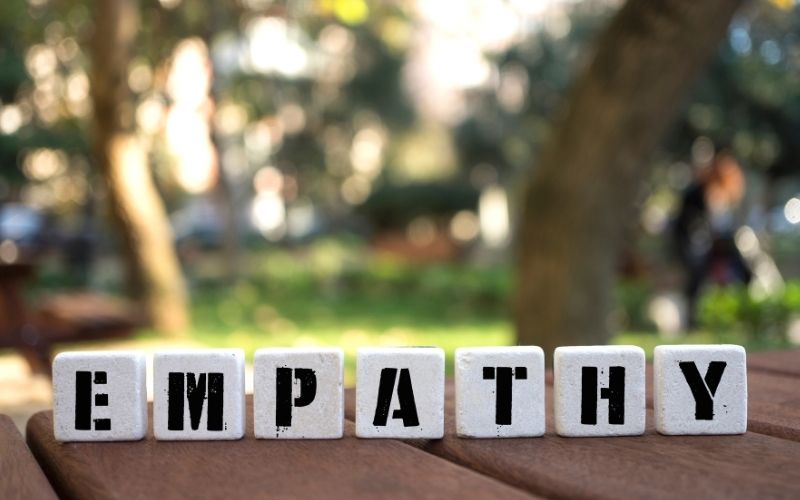“In order to help me, you have to be like me”
Patients often begin their first interview with questions about who I am, what I have experienced, and what I have lived through. Often the questions are subtle, but they imply a belief that in order for me to help them, I need to have some personal experience with the problem they have, have overcome it, and therefore can offer them guidance in their own journey. While this makes sense initially – that when facing a problem it often makes the most sense to ask someone who has solved the problem for help – in terms of therapy and long-term resilience, this doesn’t work.
That’s because problems can be incredibly complex and diverse, and require complex and diverse solutions; but our brains prefer to make things simple, and thus we seek simple solutions. Instead, it is the therapist’s capacity for empathy, not their life experience, that should be sought. Let me explain why.
When facing a problem that exists in the long-term, such as problematic ways of thinking, feeling, and being, short-term solutions don’t work beyond the existing situation. Here’s an example. Say you are having a problem with quitting smoking. You come to me looking for help. We identify that I learned how to quit smoking at work by taking walks alone on breaks. I suggest this to you. You apply it and find that, lo and behold, it works! Short-term problem solved. However, within the solution lies an ongoing problem. You need to come to me for your answers on how to solve your problems. As a result, you don’t develop your own creative capacities, and thus need to come see me for the rest of your life. Further, you eventually realize that I have limited similar life experiences, so this well runs dry in short order.
This way of thinking carries an insidious idea underneath. It goes something like this: “in order for me to grow as a person, I need to find people who are like me.” The inverse to this idea is something like this: “people who are not like me have nothing to offer me.” If you follow this, you miss out on the incredible beauty, diversity, and complexity that people who are different from you can offer you. At its worst, this way of thinking contributes to the increasing polarization and tribalization of individuals and communities that plague our current national discourse.
In therapy, instead of offering solutions, I offer curiosity and empathy. Empathy is the process of “feeling into” the experience of another person. I don’t need to be like you to do this. (Actually, it is very much important that I am different than you). When I provide this to you, you then get a space where you can think out loud, and then have those thoughts clarified in open space by my own unique experience of listening to you with carefully practiced empathy. This process creates a setting where you can stand back and look at your ways of thinking, feeling, and being. This clear sight allows for the blossoming of personal creativity. Creativity is a catalyst for change that empowers you to solve your own problems.
Try it out – go talk and listen to someone who is different from you, without the intention of winning a debate or canceling them. Instead, get some practice “feeling into” their experience. You may just get some practice hearing your own ways of thinking, and see more clearly how your thinking can become more sophisticated. In the process, you may also find that your creative capacity increases. Maybe, just maybe, you may find that despite your differences, that different person may have something of incredible value to offer you, and you to them – the opportunity for growth through a meaningful encounter with another human being.
Dr. Rob Gibson, PsyD works with individuals and couples at Grace Counseling to learn new skills and heal from past trauma. To request an appointment with him or any of our counselors, click here or call (720) 489-8555.







Leave A Comment